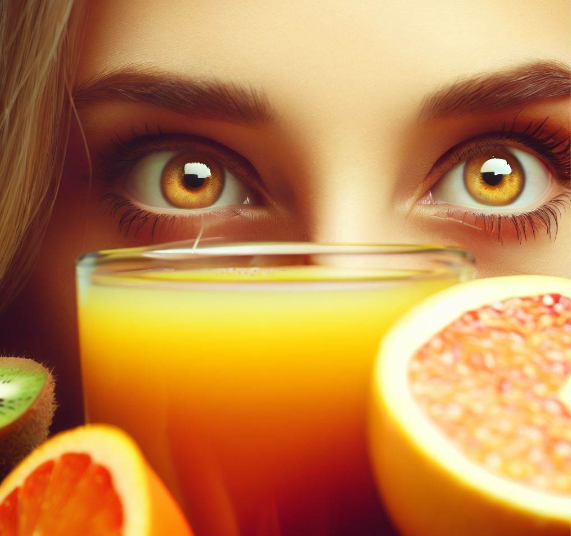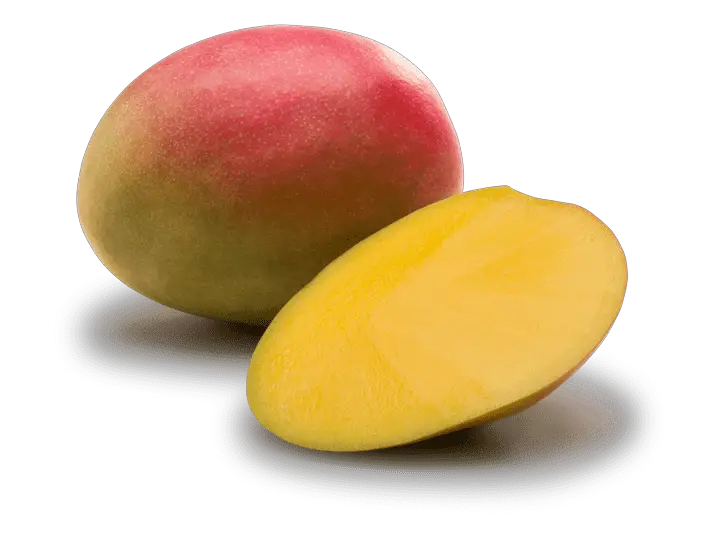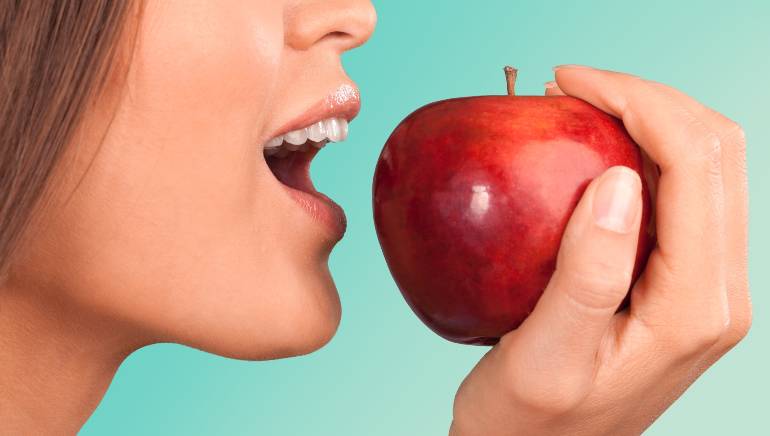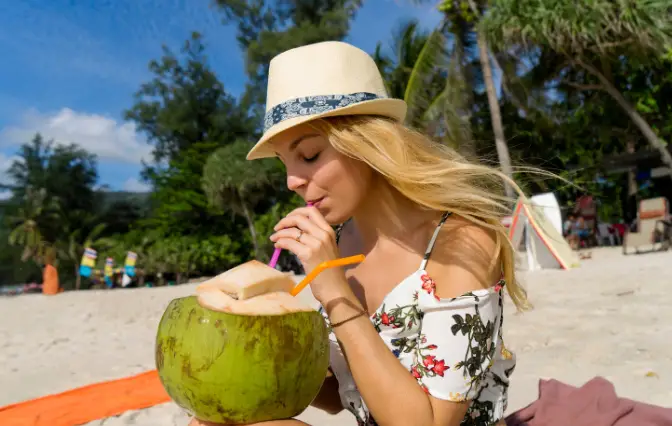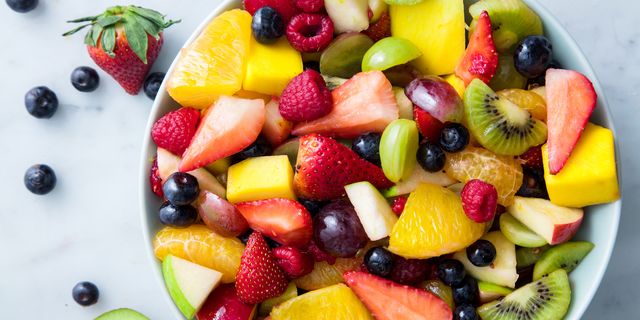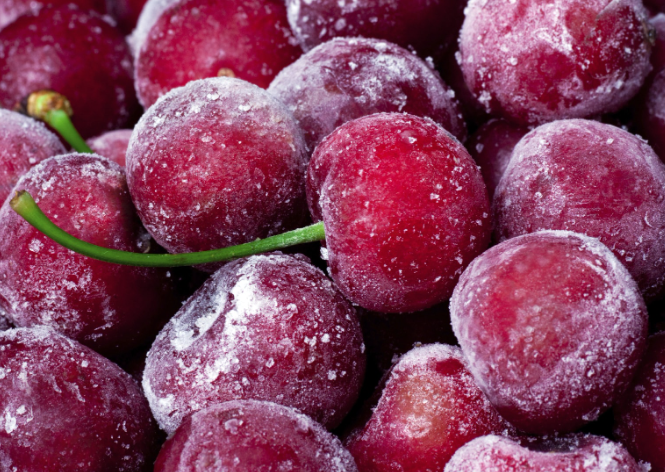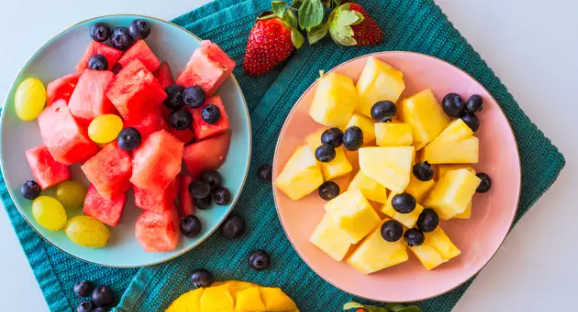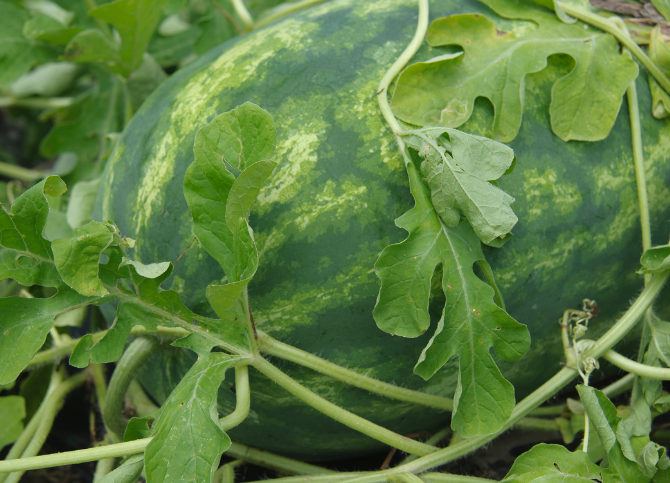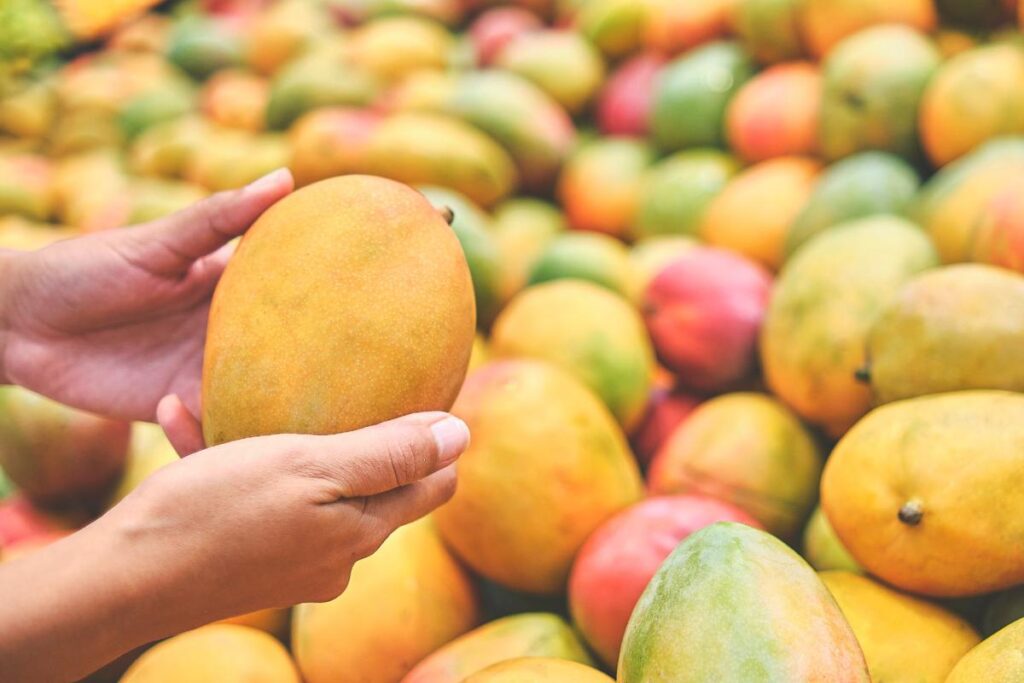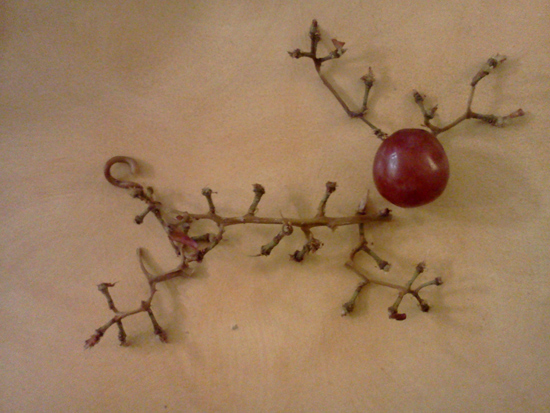If you love trying out different kinds of tea, you might be curious about their caffeine content.
While well-known teas such as black and green teas have caffeine, you may wonder: does fruit tea also have it? Let’s dive deep into the world of fruit tea to find out if it has caffeine.
Table of Contents
- The Basics of Caffeine
- Caffeine in Fruit Tea?
- What Exactly Is Fruit Tea?
- Making Fruit Tea
- Popular Types of Fruit Tea
- Citrus Infused Tea
- Berry Teas
- Tropical Mixes
- Benefits of Drinking Fruit Tea
- About Fruit Tea and Caffeine
- What Might Change the Caffeine in Fruit Tea?
- The Mix and How It’s Made
- Brew Time and Water Heat
- How You Steep It
- Caffeine-Free Herbal Blends
- How to Find Caffeine-Free Fruit Tea
- Wrapping It Up
- Frequently Asked Questions
- Can I drink fruit tea if I’m sensitive to caffeine?
- Can fruit tea be enjoyed both hot and iced?
- Are fruit teas naturally sweet?
- Can I mix different fruit teas together?
- Are there any fruit teas that offer extra health benefits?
The Basics of Caffeine
Caffeine is a substance found naturally in various plants, such as tea leaves, coffee beans, and cocoa. It’s known for making you feel more awake and less tired.
Caffeine in Fruit Tea?
Fruit tea usually does not have caffeine. It’s a caffeine-free choice compared to other traditional teas, which is good for those who want a calming and tasty drink without caffeine’s energizing effects.
Differently from other teas, fruit tea is made not from the tea plant (Camellia sinensis) but from a mix of dried fruits, flowers, and herbs. This is why fruit tea doesn’t naturally have caffeine and can be perfect for those who prefer a calming and flavorful drink without caffeine’s energy boost.
What Exactly Is Fruit Tea?
Fruit tea is a tasty drink that mixes the flavors of fruits with the scents of herbs and flowers.
It can contain many different ingredients, from apples and oranges to hibiscus and chamomile, offering a wide variety of tastes and aromas for every preference.
Making Fruit Tea
Preparing fruit tea is simple, whether you use tea bags or loose ingredients. Just place them in a cup and add hot water.
Let the tea steep for some minutes to let the flavors come out. You might steep it for around 5-7 minutes for a strong taste, but you can adjust this time to what you like.
Popular Types of Fruit Tea
There are many exciting kinds of fruit tea to try. Here’s a look at some favorites:
Citrus Infused Tea
Teas with citrus—a group including lemons, oranges, and grapefruits—are lively and refreshing.
They’re full of citrusy taste for a zingy, fresh experience, whether you prefer lemon’s sharpness or the sweeter bite of an orange.
Berry Teas
Berry teas are perfect for berry lovers, featuring the rich tastes of strawberries, blueberries, raspberries, and more.
With the natural sweetness from berries, these teas are delicious and fruity. They’re great both hot and cold, making them a good choice all year round.
Tropical Mixes
With teas that have tropical fruits such as pineapple, mango, and passion fruit, you can imagine you’re on a beach or in a jungle somewhere far away.
These teas have a beautiful combo of sweet and tart flavors that are sure to please anyone wanting a tropical taste.
Benefits of Drinking Fruit Tea
Fruit tea is not only tasty, but it’s also healthy. It’s full of antioxidants, which help protect your body by fighting harmful molecules. It can also keep you hydrated and is a yummy alternative to plain water. If you choose types like ginger or peppermint, they can even help your digestion and soothe your stomach.
With no caffeine, it’s a nice option for people who don’t want stimulants, and its natural fruit sweetness makes it appealing for a flavorful and refreshing drink.
About Fruit Tea and Caffeine
Fruit tea is typically made from dried fruits, herbs, and flowers, without any actual tea leaves from the Camellia sinensis plant which contain caffeine.
Still, it’s worth checking because if a fruit tea blend has ingredients like tea leaves or other caffeine-carrying plants (like Yerba Mate), then that tea could have caffeine. So, make sure you look at the ingredients list or ask the tea maker to be sure your fruit tea doesn’t have caffeine.
What Might Change the Caffeine in Fruit Tea?
Generally, fruit tea doesn’t have caffeine, but certain things can affect the amount of it in some fruit tea blends. Here’s what could change the caffeine level:
The Mix and How It’s Made
The specific items in your fruit tea mix can make a difference. As mentioned, if there’s something with caffeine in there, the tea will have caffeine too. The caffeine level can also change based on how the tea is prepared, such as how many caffeinated ingredients are used or if the ingredients are in powdered form.
Brew Time and Water Heat
How long you steep your tea and how hot the water is can also affect caffeine. More caffeine can come out with longer steeping and hotter water. If you want a less caffeinated drink, try shorter steep times and cooler water.
How You Steep It
Different ways of steeping tea, like making it with cold water, can also influence how much caffeine ends up in your cup.
The way you make your tea, like using a cold brew method or flash chilling, can affect how much caffeine is in your drink.
Cold brew tea is when you let tea leaves or a mix sit in cold water for a long time. This makes the tea taste smoother and it usually has less caffeine in it.
If you use hot water to brew your tea quickly and then cool it down right away, that’s called flash chilling. This method might keep more caffeine in the tea.
Caffeine-Free Herbal Blends
Besides fruit tea, there are lots of herbal blends without any caffeine. These herbal teas, or tisanes, are made from different plants, flowers, and spices. They come in many tastes and can be good for your health.
Some well-liked caffeine-free herbal teas are chamomile, peppermint, hibiscus, and rooibos. If you don’t want caffeine, you’ll have plenty of choices with these herbal drinks.
How to Find Caffeine-Free Fruit Tea
If you want to have fruit tea that doesn’t have caffeine, you have different ways to get it.
Many brands sell fruit tea blends that say “caffeine-free” or “herbal” on the label. These are made to give you a tasty fruit tea experience without any caffeine. Or, you could mix up your own fruit tea at home. This way, you pick what to put in it and you can be sure there’s no caffeine.
Wrapping It Up
Fruit tea is a yummy choice if you want something without caffeine. It’s full of bright flavors and can be good for your health. If you’re looking for something calming and pleasant, it’s a great pick.
Even though fruit tea doesn’t naturally have caffeine, you should still look at the ingredients and how it’s made to be sure there’s no caffeine in it. There are so many kinds of fruit tea to try, so you can enjoy lots of different tastes without worrying about caffeine.
